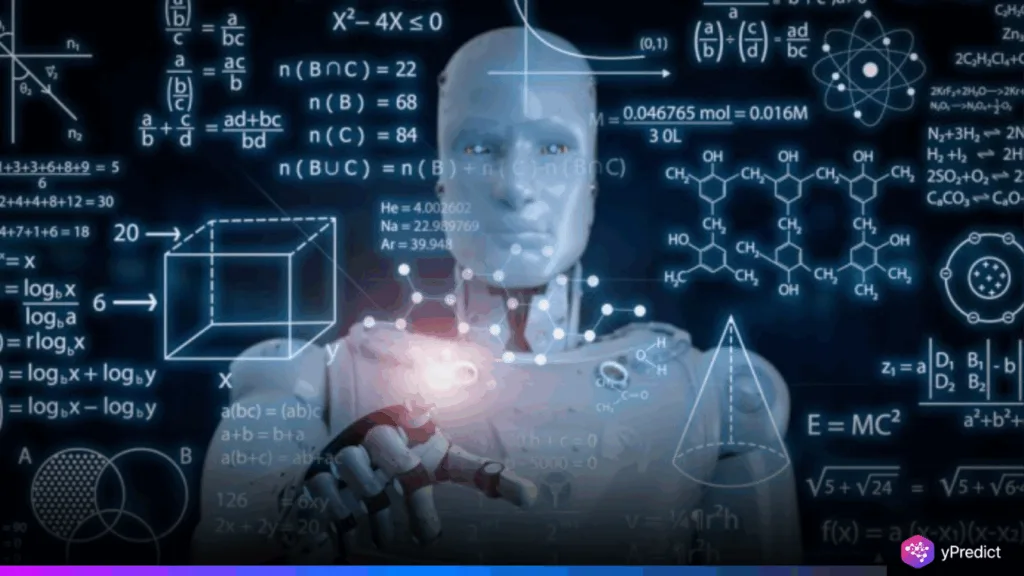
Current events have brought Vinh Nguyen, the chief AI officer at the National Security Agency, into the limelight. This has sparked debate on ethics, accountability, and the coming of artificial intelligence in intelligence agencies in the US. A post shared extensively on X has brought both recriminations against Nguyen. Wielding this powerful position, and renewed accusations from 2017. When it is alleged that to gain the support of an ODNI analyst, Nguyen threatened the career of the official. By requiring that a report summing up Russian interference in the 2016 presidential election be endorsed with the Intelligence Community Assessment (ICA).
Dual Legacy: Past Controversies and Present Leadership
When Nguyen was released as the chief AI officer of the NSA. It signified a major shift in the intelligence community, and some welcomed his appointment because of his skills in cybersecurity and intelligence analysis. The transformative power of AI has been discussed by him in a recent podcast in which he addresses the potential of using AI in cybersecurity to improve defense and optimize the processes of gathering intelligence. Nonetheless, his past work as an assistant to James Clapper is a heavy shadow. Particularly concerning the controversial report of the 2017 Russian interference in the elections. That was reported by the Intelligence Community Assessment (ICA).
Following the declassification of certain documents and reporting. Nguyen reportedly pressured a top ODNI analyst. Threatening to wreck the analyst’s future career unless he signed off on the ICA’s bogus Russia/ODNI view that Russia preferred Donald Trump. According to critics, this provides an extreme example of the culture of political power. That has infected the conduct of analytical integrity. Nguyen is now the leader of A.I., which is seen by some to be a legacy of unresolved institutional bias.
Bias in Intelligence and the Perils of AI Adoption
The case against Nguyen has resulted in wider discourse on how prejudice, in biased human opinion and raw statistics, could influence applications of AI in national security. Marked criticism against the ICA methodology is that it uses open-source material. Discounts data showing contravention, according to NATO allies. Receives warnings that selective reporting can form an echo chamber with more prediction and confirmation biases. Intelligence workflows that incorporate AI systems threaten to intensify these problems.
Studies have found that AI-enhanced analytic systems are more likely to spread analytic errors. Selectively misrepresent policy information rather than even out bias in the analysis in intelligent ways. There is concern that AI undertakings are driven by leaders. Those who have a history of telling their people what to think will implicitly forward-code old failures of their systems onto new technology. This has amplified the demand for transparency on algorithm design. Cross-verification procedures and major ethical checkups, particularly important in light of the critical importance of intelligence-based decision-making. On critical geopolitical axes, including U.S.-China relations.
Accountability in the Age of Intelligent Systems
The scandal that emerges around Vinh Nguyen highlights the dire necessity of having serious control and ethical guidance. In the process of implementing AI in intelligence work. The uncertainty around the equity of the ICA and the purported acts of retribution against the whistleblowers. Underline some structural weaknesses that may be perpetuated unless addressed openly. Institutional integrity: Making sure that the establishment and implementation of AI technologies is not entrenched in bias is much more than a technical concern; it is a test of institutional integrity. This ongoing controversy can be considered a chance to remind policymakers and the intelligence community that they uphold the ethical standard, thus maintaining the trust of the population in the development of the national security system in America.






